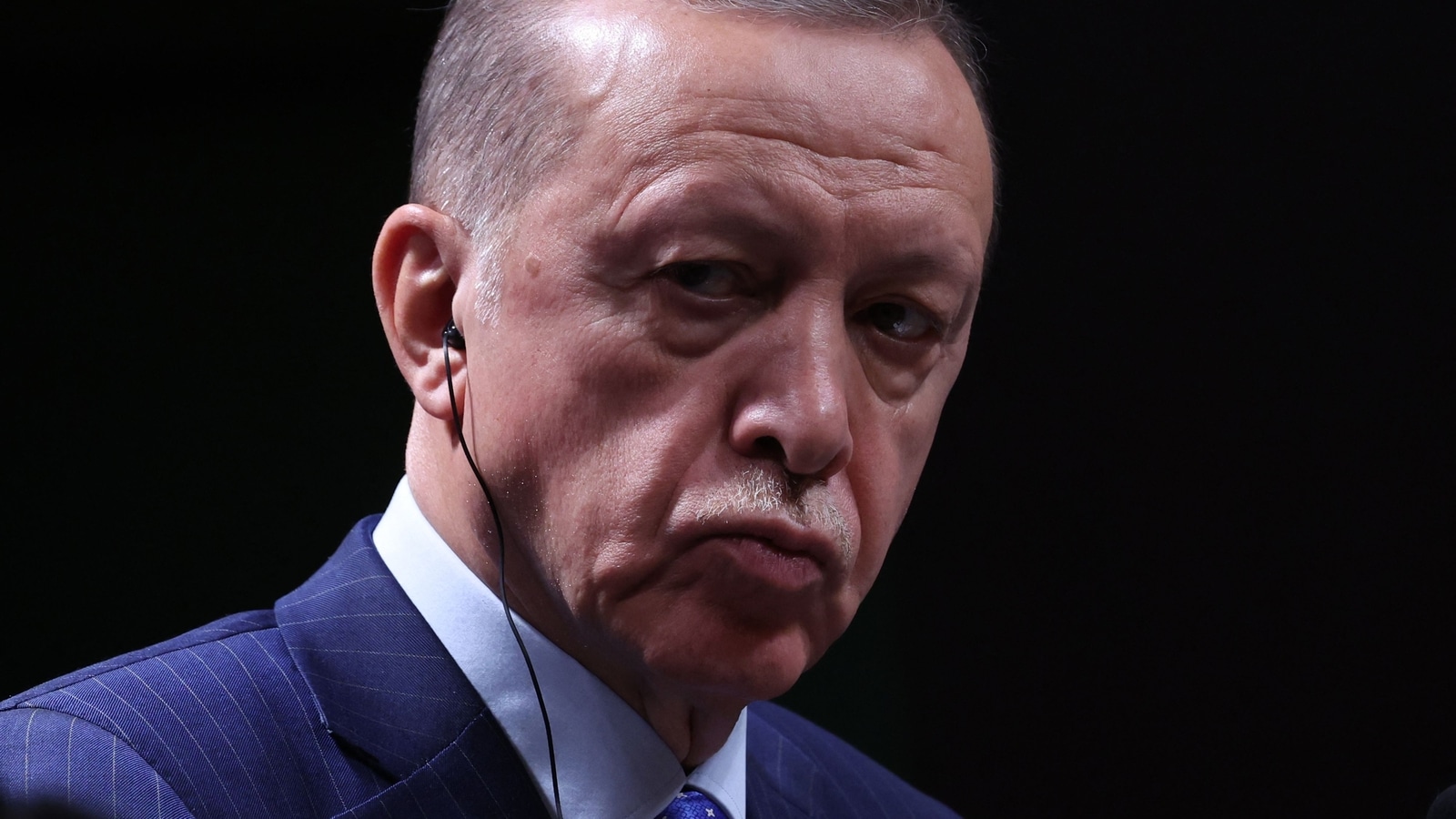‘Prosecution, investigation’: Concern as new Turkish media law squeezes dissent
A new law gives Turkey fresh ammunition to censor the media and silence dissent ahead of elections in which President Recep Tayyip Erdogan plans to prolong his two decades in office, journalists and activists say.
Since 2014, when Erdogan became president, tens of thousands of people, from high-school teens to a former Miss Turkey have been prosecuted under a long-standing law that criminalises insulting the president.
The law, passed in parliament in October, could see reporters and social media users jailed for up to three years for spreading what is branded “fake news”.
“Prosecution, investigation and threats are part of our daily life,” Gokhan Bicici, editor-in-chief of Istanbul-based independent news portal dokuz8NEWS, told AFP at his news portal’s headquarters on the Asian side of the Bosphorus.
“Being more careful, trying as much as possible not to be a target is the main concern of many journalists in Turkey today, including the most free ones.”
Press advocates say the new law could allow authorities to shut down the internet, preventing the public from hearing about exiled Turkish mob boss Sedat Peker’s claims about the government’s alleged dirty affairs.
Read more: Kyiv confirms Russia is firing unarmed missiles. Reason: To distract Ukraine
Or, they say, the government could restrict access to social media as they did after a November 13 bomb attack in Istanbul which killed six people and which authorities blamed on the outlawed Kurdistan Workers’ Party (PKK).
Most Turkish newspapers and television channels run by allies toe the government line, but social networks and internet-based media remained largely free — to the dismay of Erdogan.
Next June he faces his trickiest elections yet since becoming prime minister in 2003 and subsequently winning the presidency.
His ruling party’s approval ratings have dropped to historic lows amid astronomical inflation and a currency crisis.


